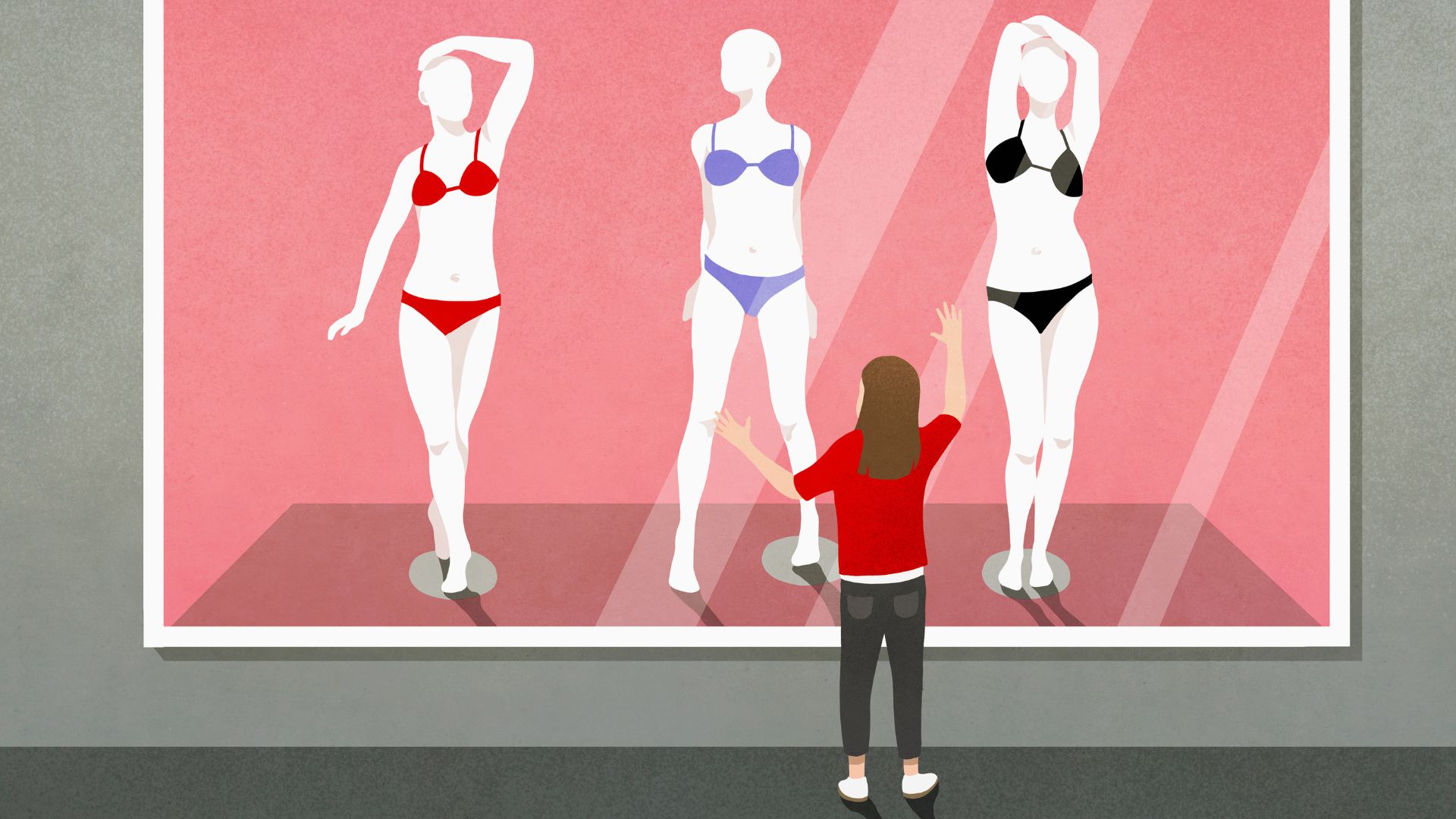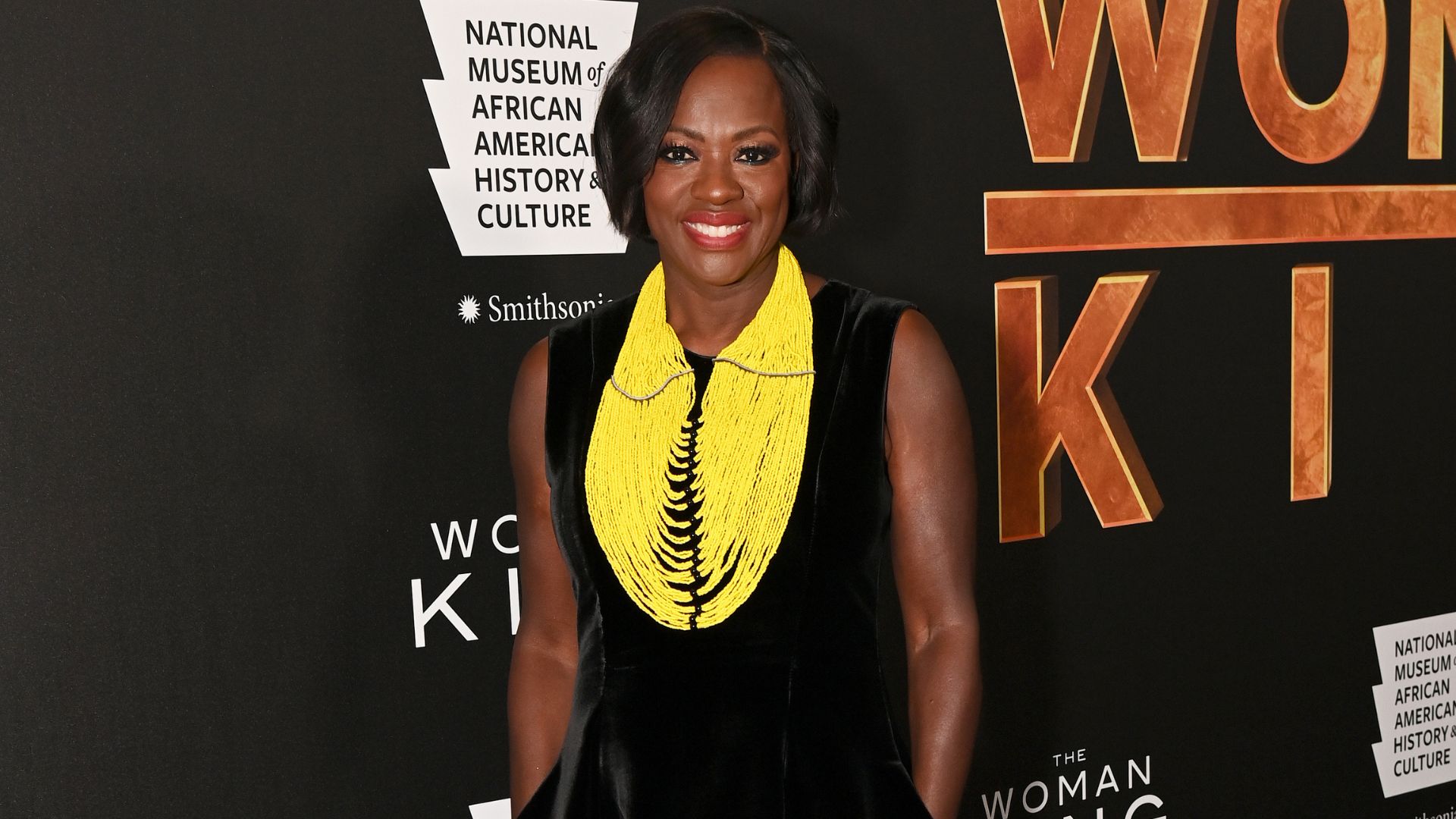Opinion: Everyone needs to read this explanation of why we can't compare our bodies to celebrities'
Health editor Grace Walsh argues that more celebrities need to be honest about how they get into shape


From Marylin’s curves to Gwyneth's abs, celebrity bodies have been presented to us as the paradigm since the dawn of the entertainment industry. Their ever-presence in movies, television shows, and magazines over the generations, and now across social media as well, have conveyed one clear message: you should look like this too - and if you don’t, why not?
It’s a question that’s pushed millions of women (and men) begrudgingly into the gym and contributed to a market worth over $96 billion as of this year, as everyone from personal trainers to supplement brands try to capitalize and create ‘quick fixes’ to replicate the likes of J-Lo's 'figure at 50' and Adele's 'transformation'.
But it’s not the supplements, the expensive equipment, or even the celeb’s specific diet and workout regime that you need to create their figure - it’s an entirely different job, as Magic Mike star Channing Tatum pointed out earlier this year.
Appearing on The Kelly Clarkson Show, in a video that went viral this month thanks to creator Alex Light on TikTok, Magic Mike star Channing Tatum reveals exactly why pushing ourselves to have the same bodies as those in the movies and on magazine covers is futile at best - and hugely damaging at worst.
Looking at a picture of himself from the Magic Mike franchise, the actor laughs, "That might be the reason why I didn't want to do a third one because I have to look like that."
“So you don’t work out regularly all the time?”, Clarkson asks him.
“No but it’s hard to look like [that] even if you do work out. To be that kind of in-shape is not natural,” he says.
“Do you have to eat so well?” laughs Clarkson.
“‘Well’ is not even…that’s not healthy. You have to starve yourself. I don’t think when you’re that lean it’s actually healthy,” he replies.
He goes on to say he’s not sure how people “who work a nine to five actually stay in shape”.
“It’s my full-time job and I can barely do it. If you workout twice a day, you have to eat completely right at a certain time,” he says.

Channing Tatum found fame in the Magic Mike franchise, where he played uber-buff dancer Mike Lane.
Finally, someone said it. While Tatum isn’t the first to confirm that actually, no, having very little body fat isn’t very healthy at all, he’s one of the first to say it so bluntly. As Alex Light puts it in her video, there’s no pretending it’s “plenty of water and a weekly hike” that got the star his physique.
In fact, according to Men’s Journal, Tatum worked out daily - starting with a 20-mile bike ride and finishing with a six-mile evening run. In between, it was strength training, swimming, treadmill conditioning, and HIIT workouts, all done in a "deluxe trailer decked out with amazing fitness gear, a full gym."
Zac Efron, the teen heartthrob-turned-superman-lookalike, also spoke on the sacrifice of having such a low level of body fat last year, telling Men’s Health that the constant low level of diuretics and four-hour sleep schedules during filming for Baywatch pushed him into insomnia and depression.
"That Baywatch look, I don’t know if that’s really attainable,” he told the magazine. “There’s just too little water in the skin. Like, it’s fake; it looks CGI’d. And that required Lasix, powerful diuretics, to achieve."
It's not just the rapid weight loss that's come to the limelight though. Even more recently than this, Viola Davis revealed what it took to get into fighting shape for her latest film, Warrior Queen, which is out now. She told Jimmy Fallon: "Five hours a day. Hour and a half of weight training, three and a half hours of martial arts, punching, 10.0 on the treadmill."
It's training that Davis said pushed her to the brink and led her to believe she was going to have a "heart attack". Metaphorically or physically, that's hardly the picture of health.

From pharmaceutical intervention to most of the standard working day spent in the gym, it’s very clear we don’t all have the same 24 hours. But even if you’re an exercise fanatic with few responsibilities outside of yourself, it’s still not achievable.
As a health editor, I'm very aware of how important healthy exercise is and it’s probably unsurprising that I like working out myself. I do strength training a couple of times a week with a bit of cardio thrown in. If someone asked me to train five hours a day, both cardio and strength, I’d need to be horizontal for the other 19 hours at a minimum. Alternatively, I’d need a whole team of nutrition and recovery specialists to make sure I could get up the next day and do it all again - both physically and mentally.
It’s not just the physical training that celebs have time for, complete with their very own personal trainers round the clock, it’s the access to innovative recovery tools worth about as much as the average US yearly salary. It's the constant physical and psychological check-ins they have access to, to make sure they'll be on the set ready to put their work to use. It’s the people they can employ to look after what they can't at home, whether that's children or the dog.
With all the good intention and ‘get-up-and-go’ in the world, the average person will never be able to match up to a celebrity standard. So why do we keep trying? Every week there seems to be a new celebrity workout to follow, a plan to get gains like Michelle Obama, or a new version of the 12-3-30 workout to exercise without actually having to exert any effort.
We don’t compare our salaries to A-listers and we know we shouldn’t reach for the same holidays, houses, and clothes as them either. So why, after all these years, do we believe we can have the same bodies as them too?
It might have taken decades and a diet culture revolution to start turning the wheels of change but, finally, celebrities are being honest about what it takes for them to get in shape. If this is the body type we're going to see everywhere we look, it's time more followed suit, so we, the people who simply cannot commit our lives to the pursuit of 5% body fat, can add it to the list of the other things we don’t compare with celebrities at last.
Sign up to our free daily email for the latest royal and entertainment news, interesting opinion, expert advice on styling and beauty trends, and no-nonsense guides to the health and wellness questions you want answered.

Grace Walsh is woman&home's Health Channel Editor, working across the areas of fitness, nutrition, sleep, mental health, relationships, and sex. She is also a qualified fitness instructor. In 2025, she will be taking on her third marathon in Brighton, completing her first ultra marathon, and qualifying as a certified personal trainer and nutrition coach.
A digital journalist with over seven years experience as a writer and editor for UK publications, Grace has covered (almost) everything in the world of health and wellbeing with bylines in Cosmopolitan, Red, The i Paper, GoodtoKnow, and more.